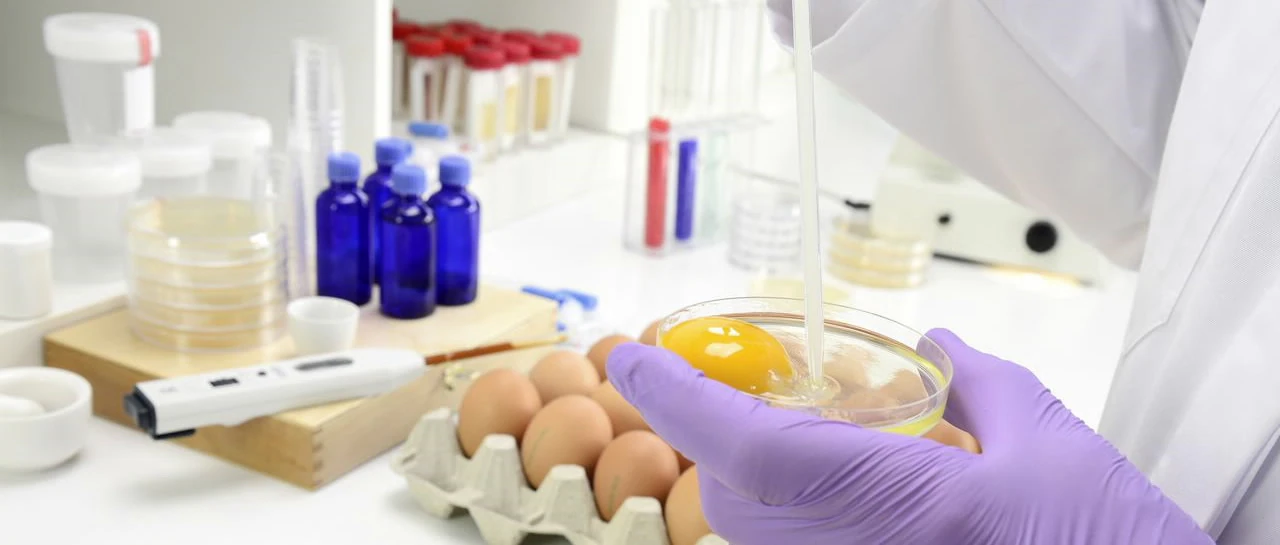ISO 71520 Antioxidant Testing in Pet Foods
The ISO 71520 standard provides a robust framework to evaluate the antioxidant content and stability of pet food products. This service is critical for ensuring that pet foods meet stringent quality standards, particularly concerning the preservation of nutrients and shelf life. Antioxidants play a pivotal role in preventing oxidative stress within pet bodies while also safeguarding against lipid peroxidation during storage.
Compliance with this standard ensures that manufacturers can confidently market their products as nutritious and safe for pets. The testing procedure involves precise sample preparation, followed by the measurement of antioxidant capacity using various analytical techniques such as DPPH (1,1-diphenyl-2-picrylhydrazyl) assays or FRAP (Ferric Reducing Antioxidant Power). These methods help determine the efficiency and type of antioxidants present in the pet food.
The significance of this testing extends beyond mere compliance; it also contributes to enhancing consumer trust and satisfaction. By adhering to international standards like ISO 71520, manufacturers demonstrate their commitment to delivering high-quality products that are both safe and beneficial for pets. This service is particularly valuable in the food & feed sector where maintaining product integrity over extended storage periods is paramount.
Understanding the role of antioxidants in pet foods also helps R&D engineers optimize formulations to extend shelf life without compromising nutritional value or palatability. Compliance officers can leverage this testing to ensure that all production batches meet specified criteria, thereby minimizing legal risks associated with substandard products.
Industry Applications
| Application | Description |
|---|---|
| Formulation Development | Determining the optimal level of antioxidants to enhance product shelf life and nutritional integrity. |
| Quality Control | Ensuring that each batch of pet food meets specified antioxidant content standards. |
| Labeling Compliance | Verifying claims made on product labels regarding the presence and efficacy of antioxidants. |
The ISO 71520 standard is widely utilized in the pet food industry to ensure that products meet stringent quality standards. This service supports manufacturers in developing innovative formulations, maintaining consistent quality across batches, and accurately representing product attributes on labels.
Quality and Reliability Assurance
- Precision Sample Preparation: Ensuring that each sample is representative of the entire batch to avoid variability in test results.
- Standard Operating Procedures (SOPs): Adherence to established protocols for consistent testing outcomes.
- Inter-laboratory Comparability: Participating in inter-laboratory studies to ensure consistency across different testing facilities.
Quality assurance is a cornerstone of this service, ensuring that every test result is reliable and reproducible. By adhering to strict protocols and using state-of-the-art equipment, we guarantee accurate and consistent results.
Use Cases and Application Examples
| Product Type | Application Example |
|---|---|
| Dry Dog Food | Evaluating the antioxidant stability of dry dog food to prevent nutrient degradation and extend shelf life. |
| Canned Cat Food | Assessing the effectiveness of antioxidants in canned cat food to maintain nutritional integrity over extended storage periods. |
The use cases for this service are extensive, covering a wide range of pet food products. By applying ISO 71520 standards, manufacturers can ensure that their products not only meet regulatory requirements but also exceed customer expectations in terms of quality and safety.





